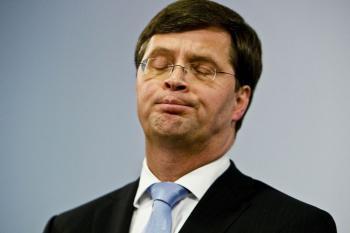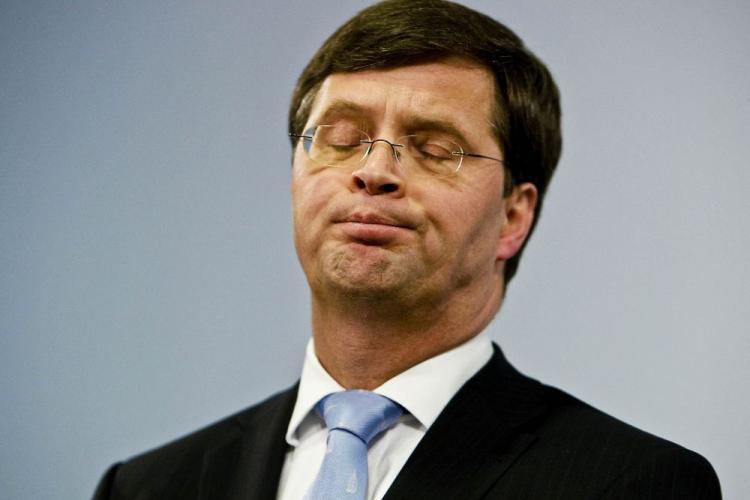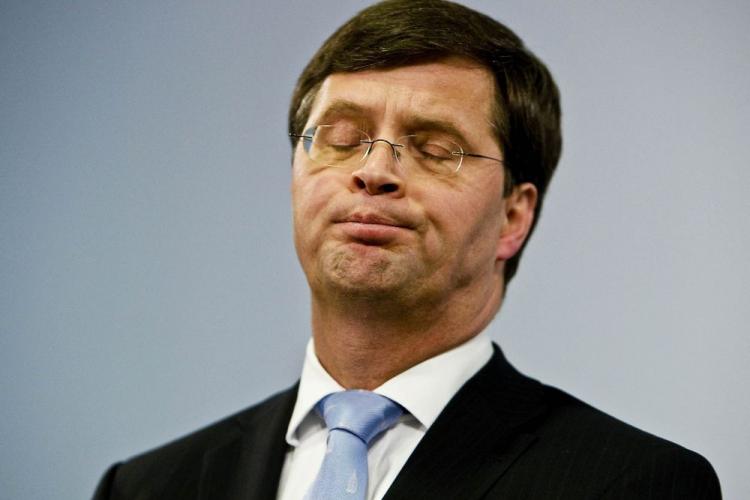Dutch Government Stumbles Over Afghanistan Mission
Letter from NATO to prolong Dutch military mission in Afghanistan caused the Dutch government to fall.

Dutch prime minister Jan Peter Balkenende delivers a speech after he announced that his government had collapsed in The Hague on Feb. 20. The Dutch government fell after coalition parties clashed over a NATO request to extend the Netherlands' military mission in Afghanistan, the prime minister said. Valerie Kuypers/AFP/Getty Images
|Updated:
Peter Valk is a tea expert who has extensively travelled in Asia, interrupted by odd jobs and a short spell of studying anthropology in the Netherlands. In his travels, he steeped himself in Asian culture, learned Chinese, met his wife and found his passion. He has been in tea business over seven years, selling Chinese tea and giving workshops on Chinese tea and culture. Currently, he is living in the Netherlands where he is busily but mostly happily making up for his travel time.
Author’s Selected Articles




